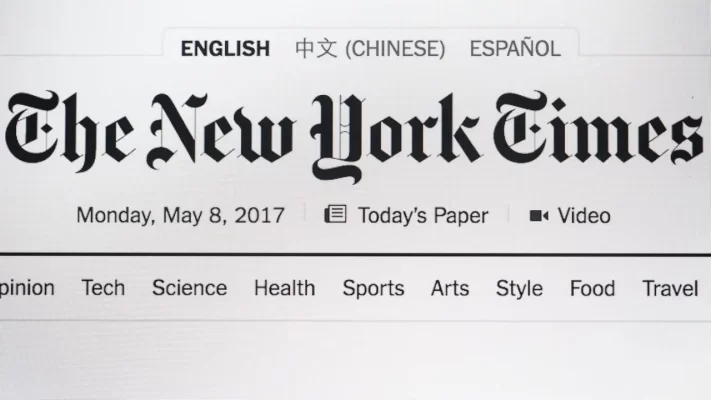OpenAI Fights Back Against Copyright Claims
OpenAI filed a motion in federal court yesterday seeking the dismissal of several copyright claims in The New York Times’ ongoing lawsuit. The filing aims to defend OpenAI’s use of Times content in training its AI models.
The motion claims the Times used “deceptive prompts” to get ChatGPT, OpenAI’s conversational AI, to reproduce articles verbatim. OpenAI argues this was an exploitation of a known limitation rather than normal usage. “Normal people do not use OpenAI’s products this way,” the filing states.
The Debate Over AI and Copyright

The filing is the latest development in an ongoing legal debate around AI and copyright. Companies like OpenAI, Anthropic, and Stability AI are facing increased litigation as organizations test the boundaries of how their models can use copyrighted works. The outcome of cases like this one could “upend or even obliterate” the nascent AI industry, experts say.
The Times’ lawsuit alleges direct copyright infringement, failure to remove infringing content, and unfair competition through misappropriation. OpenAI is seeking dismissal of the direct infringement claims beyond the three year statute of limitations as well as other allegations. While OpenAI was able to reduce claims in a similar case, this high profile lawsuit could set new precedents.
In a statement, Ian Crosby, legal counsel for The Times, said OpenAI does not deny reproducing their works without permission. However, the debate highlights complex questions around AI, copyright, and the future of the technology. Both sides will continue their arguments in court as the case moves forward.





